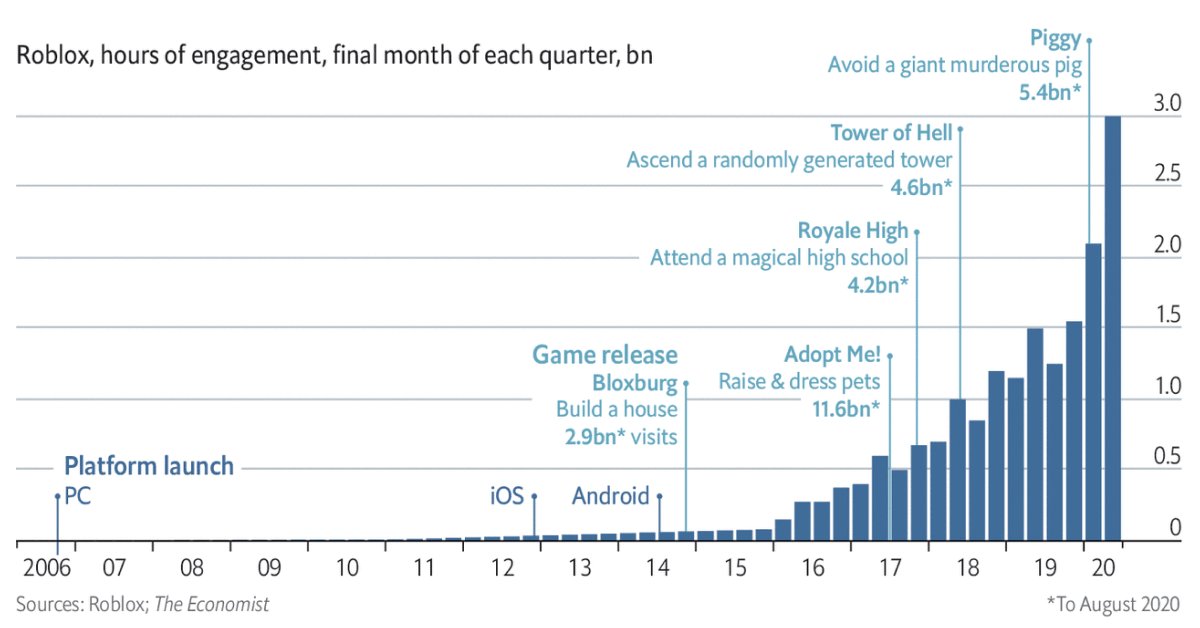
To build delightful products, you need to obsess about how you want customers to feel.
I spoke to @rahulvohra from @Superhuman about how to:
1. Apply game design to create emotion
2. Build a culture that cares about craft
New post and thread below:
creatoreconomy.so/p/superhuman-g…
I spoke to @rahulvohra from @Superhuman about how to:
1. Apply game design to create emotion
2. Build a culture that cares about craft
New post and thread below:
creatoreconomy.so/p/superhuman-g…
1/ Why obsess about emotion?
From Rahul:
"Emotions are the foundations of our memory.
If you want your product to create amazing memories that people will talk to each other about over dinner or a glass of wine, you need to analyze emotion."
From Rahul:
"Emotions are the foundations of our memory.
If you want your product to create amazing memories that people will talk to each other about over dinner or a glass of wine, you need to analyze emotion."
2/ Games are a great example of creating emotions that then create lasting memories.
You might remember the emotion that you felt from that:
1. Perfect jump in Super Mario
2. Perfect match in Goldeneye
3. Perfect raid in World of Warcraft
You might remember the emotion that you felt from that:
1. Perfect jump in Super Mario
2. Perfect match in Goldeneye
3. Perfect raid in World of Warcraft

3/ So how do you think about emotion when crafting a new product?
Start by asking questions like:
1. What do we want people to feel when using our product?
2. Does the design create the emotion that we want?
Start by asking questions like:
1. What do we want people to feel when using our product?
2. Does the design create the emotion that we want?
4/ You have to design for NUANCED emotion.
Superhuman uses a model from the Junto Institute where emotions are 3 levels deep:
Superhuman uses a model from the Junto Institute where emotions are 3 levels deep:

5/ Consider Superhuman's Inbox Zero images. The goal is to create joy, but more specifically:
1. Enthusiasm
2. Excitement
3. Hopefulness
4. Optimism
5. Accomplishment
6. Triumph
1. Enthusiasm
2. Excitement
3. Hopefulness
4. Optimism
5. Accomplishment
6. Triumph

6/ Another approach is to identify the negative emotions that people are feeling.
Consider the helplessness, anxiety, and guilt that some people feel over email.
How do we design a product that makes people feel the opposite?
Consider the helplessness, anxiety, and guilt that some people feel over email.
How do we design a product that makes people feel the opposite?
7/ Ok so how do you even understand how people feel?
Start by keeping in close touch with customers.
The fact that Rahul spent time explaining to me how to use the product shows me how much he cares.
Start by keeping in close touch with customers.
The fact that Rahul spent time explaining to me how to use the product shows me how much he cares.

8/ Over time, by talking to customers regularly, you'll develop a very open degree of empathy for them.
You start feeling what customers feel and can predict how they'll respond to certain product changes.
You start feeling what customers feel and can predict how they'll respond to certain product changes.
9/ One more thing, customers really appreciate it when you reply.
The Superhuman team tracks all customer questions and sometimes follows up years later when the feature is shipped.
Show customers that you remember.
The Superhuman team tracks all customer questions and sometimes follows up years later when the feature is shipped.
Show customers that you remember.
10/ How do you build a product culture that cares about craft?
There's a natural tendency to ship an MVP as soon as possible instead of taking the time to make something truly delightful.
There's a natural tendency to ship an MVP as soon as possible instead of taking the time to make something truly delightful.
11/ Rahul approaches it from two levels:
1. What is personally enjoyable for you?
What's going to get you out of bed in the morning?
How do you want to spend your life?
2. What's important for the company?
Note how he starts with personal motivations first.
1. What is personally enjoyable for you?
What's going to get you out of bed in the morning?
How do you want to spend your life?
2. What's important for the company?
Note how he starts with personal motivations first.
12/ From Rahul:
"Craft is super important to me. It's what excites me every day. It's what's fun for me to work on and teach.
So my deliberate decision with Superhuman was to pick an area, industry, and product where that's a competitive advantage."
"Craft is super important to me. It's what excites me every day. It's what's fun for me to work on and teach.
So my deliberate decision with Superhuman was to pick an area, industry, and product where that's a competitive advantage."
13/ Craft doesn't matter for some products. But it does matter when you're building a productivity tool that costs $30 a month while the next best thing is free. 

14/ Don't lose out on the craft.
Keep working on it, carve out time to stay sharp and learn and you will attract other people who care about craft.
Build something truly fucking delightful (excuse my language).
If the CEO of Superhuman has time to do this, so do you.
Keep working on it, carve out time to stay sharp and learn and you will attract other people who care about craft.
Build something truly fucking delightful (excuse my language).
If the CEO of Superhuman has time to do this, so do you.
15/ If you enjoyed this:
Check out Superhuman's blog
blog.superhuman.com
Follow me at @petergyang and subscribe:
creatoreconomy.so
Check out Superhuman's blog
blog.superhuman.com
Follow me at @petergyang and subscribe:
creatoreconomy.so
• • •
Missing some Tweet in this thread? You can try to
force a refresh





